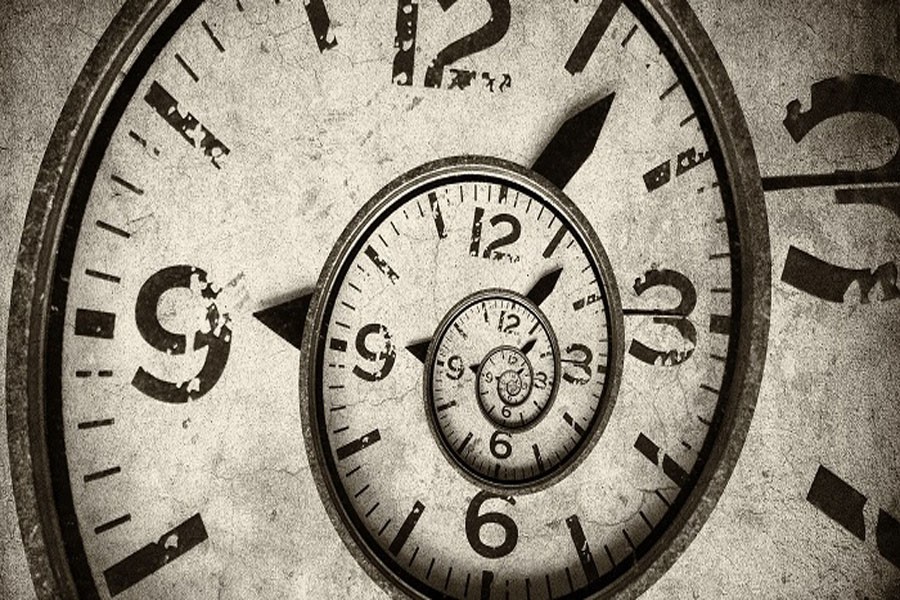
Published :
Updated :

Price spiral in the economy was triggered this time by some government policies like increasing the prices of gas and electricity. There was no sufficient justification of raising these prices, as nothing had happened in the economy that compelled the government to do so.
The distribution and marketing agencies of these two utilities are government-owned monopolies. No one can stop these agencies from increasing the prices of these two utilities unless the government thinks otherwise. But the government has developed a habit of increasing these prices almost every year.
The prices of these two utilities are inter-related, as the bulk of the electricity generation in Bangladesh is gas-based. In other areas, too, prices are interrelated. If the price of one item goes up, that will lead to the increase of prices of other things.
In the last one year or so, life for the middle class has become increasingly difficult with the rise of prices of the essentials, including rice. In other cases, the government itself raised the prices of gas and electricity. The transport cost also went high. But the income of the middle class did not go up proportionately.
This class of people whose income is lower than or at the median on the scale of national per capita income, are coping with the price spiral by consuming or buying less of almost everything. This means, their standard of living is going down or at best remaining static. The value added tax - which is termed regressive by the economists, is being paid equally by this class of people.
Middle class families have more mouths to feed. Usually, some of the members of this type of families always remain unemployed. These people are facing difficulties to meet the expenses of education of their children, which has become costly. They find it difficult to collect money to pay for private tuition of their children.
People in the low strata of incomes are gradually being relegated to a lower level. Though the Bangladesh economy is growing at more than 7.0 per cent a year, the distribution of income is grossly unequal, disfavouring the poor and the lower middle classes. Only the top 10 per cent of the people are competing successfully for the share of the gross domestic product (GDP) or even taking more of what they should have taken-- had the society been more just. Most of those, who are becoming millionaire in a very short period of time, are blessed with government favour.
The economy is growing but without inclusiveness. Even the fervent supporters of the market fundamentalism are in general appalled by unequal income distribution.
Some, who earn easy money, siphon off a part of their wealth abroad. There is no way of stopping the capital flight from Bangladesh unless the management of the economy is made more transparent. The capital smugglers pay less or no tax, because the source of their income is not open and recorded. The middle and the lower-middle class people, who constitute the majority of Bangladesh population, pay most part of the fund for national growth.
No policy has so far been formulated in Bangladesh which is aimed at making the rich to pay.
Market economy is good if it is allowed to function freely. In cases where market economy does not function competitively, it needs to be overseen by the government. If government policy becomes such that it itself triggers price increase in the economy, then the poor and the lower-middle class people pay more than others for that price increase.
The policymakers should see what can be done to put a brake on income inequality. Keeping the economy stable in terms of prices of essentials is seen worldwide as an act towards that direction.
The writer is a Professor of Economics at the University of Dhaka.


 For all latest news, follow The Financial Express Google News channel.
For all latest news, follow The Financial Express Google News channel.